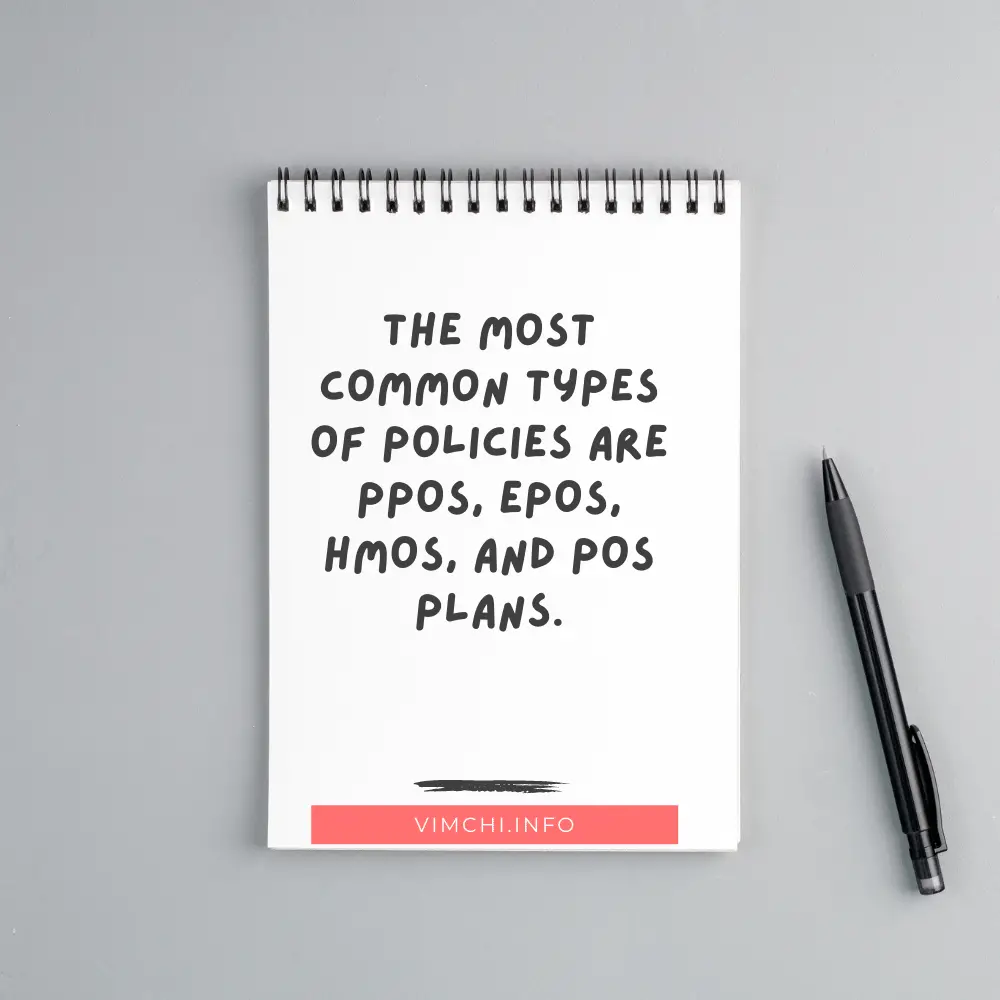Picking the wrong health insurance can be costly. Before you rush, make sure to read our guide so you don’t have to ask yourself, “What health insurance should I get next?”

What Health Insurance Should I Get?
It’s important to note that you can’t obtain one health insurance policy that can meet all your healthcare requirements. Each policy includes unique coverage benefits.
What you can do is to know the benefits and what the policy covers and doesn’t cover.
1) Choose Where to Buy Your Insurance
You can get health insurance through an employer. If this is your situation, your marketplace is your company. Furthermore, you don’t need government marketplaces.
On the other hand, if your job doesn’t offer health insurance as one of the work perks, then your option is to look for a policy on the public marketplace. The federal marketplace lets you search for the lowest premiums.
You can also choose to buy health insurance directly from an insurer. But choosing this method won’t make you eligible for premium tax credits. Health insurance policies from a private exchange don’t offer income-based discounts.
2) Compare Health Insurance Plans

After determining where to obtain your health insurance, it’s time to compare the health insurance plans available. The most common types of policies are PPOs, EPOs, HMOs, and POS plans.
Be careful in choosing because the policy you pick can determine how much out-of-pocket costs you will have to pay before your policy starts to cover your medical treatment.
When you compare plans, you read the summary of benefits. You can also see the cost and the list of doctors and clinics that are part of your network.
- HMO is the cheapest policy. But it requires that you stay in the network to obtain coverage. Furthermore, you need a referral to undergo a procedure or visit a specialist. Although it has lower out-of-pocket costs, you have less freedom when it comes to choosing providers.
- PPO has higher out-of-pocket costs. But it does give you more freedom to pick providers.
- EPO or Exclusive Provider Organization offers lower out-of-pocket costs. It doesn’t need referrals if you need to see a specialist or undergo a medical procedure. But, just like HMO, you’ll have no freedom to pick providers.
- POS or Point of Service Plan doesn’t require staying in-network just to obtain coverage. However, in-network care tends to be cheaper.
When you compare plans, though, make sure that you know the medical needs of your family. To know that, you need to review the cost and treatment you received in the past.
Of course, your past medical expense will not be the same every year. However, it is a trend that can help you make an informed decision.
Picking HMO or POS requires referrals. That is, you have to seek a recommendation from your primary care physician before you can see a specialist or schedule a medical procedure. This requirement is one of the reasons many people pick other plans.
These plans are better if you don’t mind talking or visiting your primary doctor before seeing a specialist.
However, if you wish to choose your specialist, you can go for PPO or EPO.
In addition to comparing health plans, it’s also a good idea that you compare health plan networks.
3) Study Health Plan Networks
The overall cost is generally lower if you go to a doctor that is part of your network. The reason for this is that insurance companies lower their rates with in-network healthcare providers.
But if you choose out-of-network doctors, they don’t have to agree with the discounted rates. In that case, you will have to pay a higher out-of-pocket cost.
4) Determine the Out-of-Pocket Costs
They are as vital as the network. You can see the plan’s summary of benefits to knowing more about out-of-pocket costs.
It may be better to pick a plan with higher monthly premiums if you see a doctor frequently or need emergency care often. And if you use expensive medicines regularly, then a plan with a higher monthly premium can be better.
5) Know the Benefits and Compare Them
Some plans provide better coverage for fertility treatments, mental health care, and physical therapy. If they are vital to you, then make sure to consider plans that cover them.
Don’t skip this part because you could miss out on a plan that suits you and your family’s medical needs.
It’s also best that you speak to a customer support representative of the plan you are planning to obtain. In that way, any lingering questions you may have will be addressed.
6) Avoid too-good-to-be-true Plans
If you find a good deal online, you should ensure that it’s an ACA plan. You may find short-term plans that promote lower monthly premiums. Don’t fall into the trap if it doesn’t cover ten essential benefits.
Conclusion
What health insurance should I get? It depends on your healthcare needs. Review the steps we mentioned above before you even buy a plan.
To know if heath insurance covers your pre-existing conditions, make sure to read this post first.
Speak Now ... Or Forever Hold Your Peace